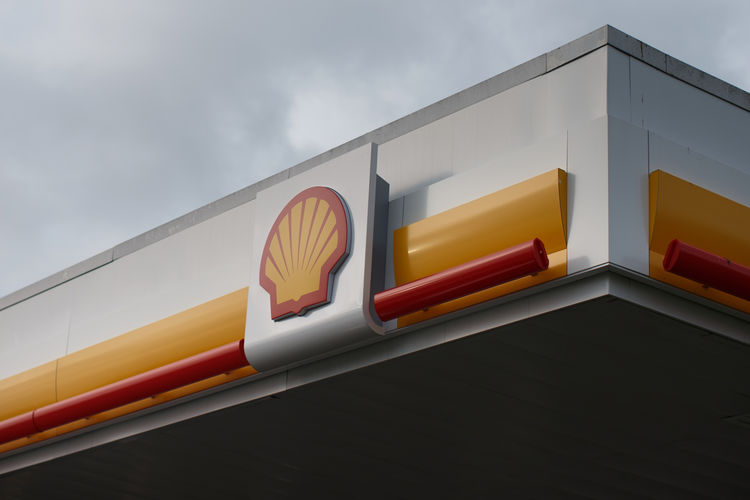Crude Oil
Shell’s Onshore Exit Marks New Era for Nigeria’s Oil Industry

Nigeria’s oil industry is on the cusp of significant transformation as Shell, a pioneering force in the nation’s oil sector, exits its onshore operations, signaling a shift towards local leadership.
The departure of Shell, a Western energy giant, from the Niger Delta underscores the challenges and opportunities that define Africa’s largest oil exporter.
Shell’s decision to divest its onshore assets reflects a broader trend among Western energy companies, including Exxon, Eni, Equinor, and Addax, who have also sold their interests in Nigerian oil fields in recent years.
The region, marred by pollution, oil theft, and pipeline vandalism, has long hindered investment and throttled production, impacting both economic growth and government revenues.
Andrew Matheny, a senior economist with Goldman Sachs, noted that Nigeria’s policy challenges in the oil sector coupled with foreign exchange concerns, have contributed to the exodus of major oil companies.
This trend has significantly contributed to the decline in oil production over recent years, undermining the country’s position as a major player in the global energy market.
President Bola Tinubu’s administration, which took office last year, vowed to address obstacles faced by producers, including crude theft and pipeline vandalism.
However, the ongoing asset sales, which were initiated before his election, highlight the enduring challenges within Nigeria’s oil sector.
Seyi Awojulugbe, a senior analyst at security consultancy SBM Intelligence in Lagos, emphasized the inherent risks associated with operating in Nigeria.
He pointed out that the departure of major companies from onshore operations underscores the complexities of doing business in the country despite efforts to improve conditions for investors.
While the exit of Shell and other majors raises concerns about future investments and production, it also presents opportunities for local companies to assume greater control over Nigeria’s oil resources.
Firms like Seplat, First E&P, and Heritage have already demonstrated their capacity to increase production and reduce environmental impacts on assets acquired from Shell.
However, challenges persist for local firms, as evidenced by the struggles of Aiteo Eastern E&P and Eroton Exploration with pipeline leaks and oil spills. Richard Bronze of Energy Aspects highlighted the financial limitations faced by indigenous companies compared to oil majors, which could impact future output.
Nevertheless, with access to alternative sources of capital, including local banks and international lenders, Nigerian firms are poised to play a more significant role in shaping the country’s oil industry.
As Shell bows out, the emergence of local players heralds a new era for Nigeria’s oil sector, characterized by resilience, innovation, and homegrown expertise.